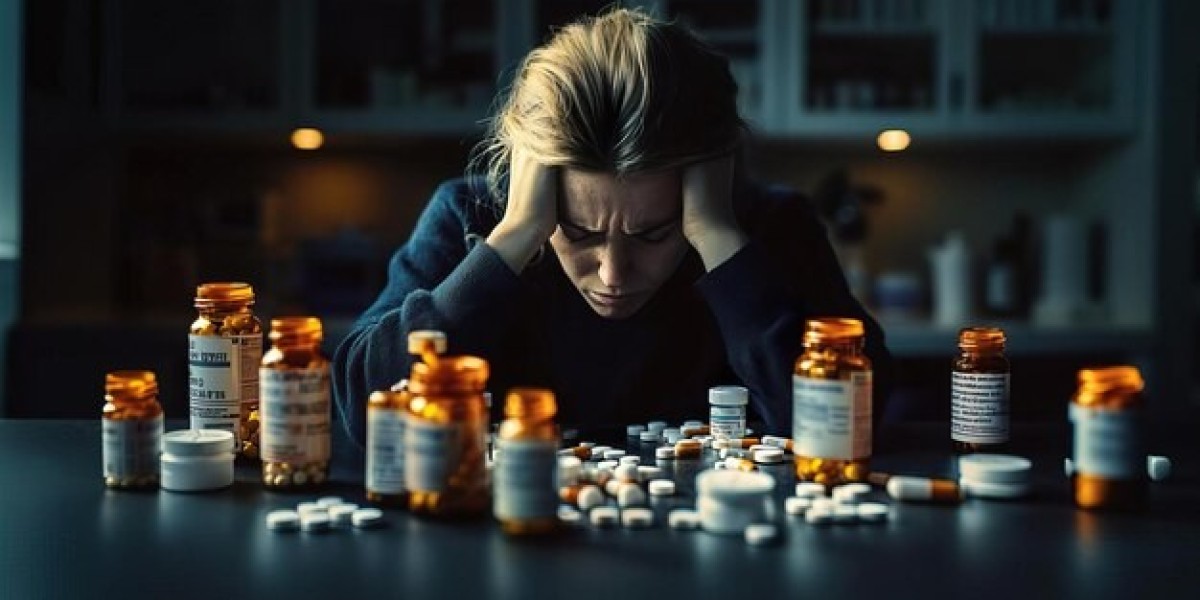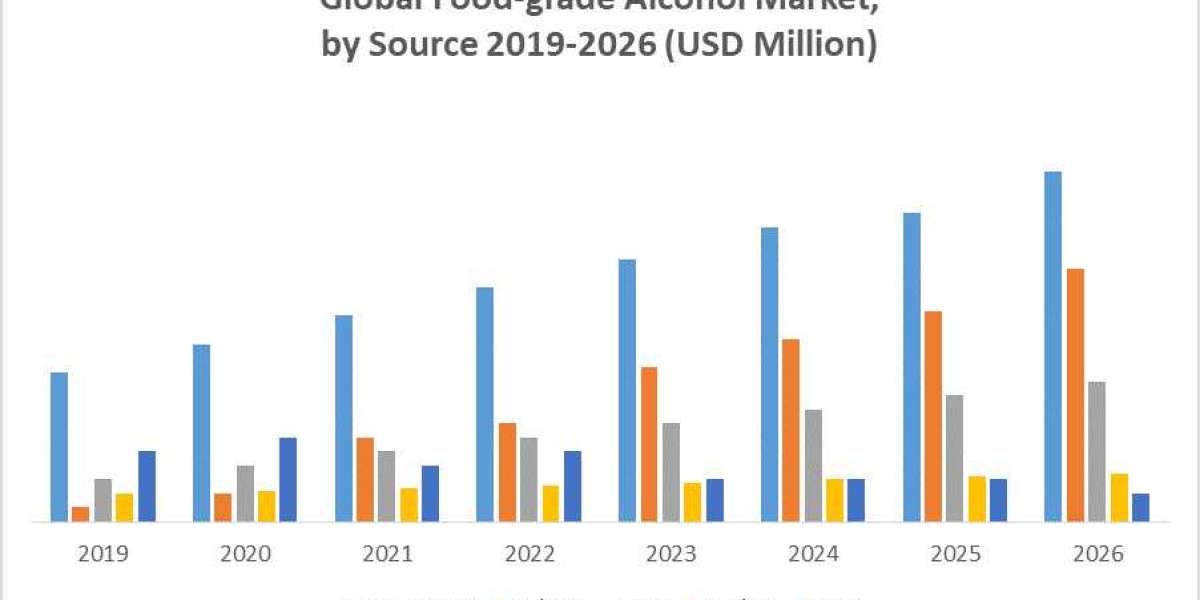Causes of Major Depressive Disorder
Major depressive disorder (MDD), also known simply as depression, is a common and serious medical illness that negatively affects how you feel, the way you think and how you act. The exact cause of depression is unknown, but it is thought to be caused by a combination of genetic, biological, environmental and psychological factors. Depression can be both genetic and caused by environmental stressors. Some research suggests that depression results from a chemical imbalance, especially in the levels of serotonin and norepinephrine, in the brain. Factors that play a role include:
- Genetics - Depression tends to run in families. It's believed that some people inherit vulnerabilities to depression that stress or life experiences may trigger.
- Brain structure and chemistry - Abnormalities in brain structure and function may play a role, such as imbalance or dysfunction of neurotransmitters like serotonin and norepinephrine.
- Life events - A stressful life event like divorce, death of a loved one or financial problems may act as a trigger. Severe stress and traumatic events are linked with a major risk of depression.
- Chronic health issues - Some chronic health issues like thyroid problems and chronic pain are linked with increased instances of depression.
- Personality - People with low self-esteem, negative thinking styles or a tendency to be self-critical often have a higher risk. Perfectionist personalities also have a propensity for depression.
- Substance abuse - Use of certain drugs and excessive alcohol intake can both trigger or worsen depression. It is not clear whether substance use causes or is a result of depression in some cases.
Treatment options for Major Depressive Disorder
The treatment options for Major Depressive Disorder Treatment aim to relieve symptoms, reduce recurrence and restore social and work functioning. Treatment approaches involve psychotherapy, medication or a combination of both. Psychotherapy focuses on addressing underlying psychological issues related to depression while medications help relieve symptoms by correcting neurotransmitter imbalances in the brain. Some treatment approaches include:
Cognitive Behavioural Therapy (CBT)
CBT is one of the most widely researched and recommended psychotherapies for depression. It focuses on identifying distorted negative thought patterns and beliefs linked with depression and teaches techniques to challenge them. Strategies include questioning overly negative appraisals, learning to evaluate situations more realistically and behaving in ways that boost mood and self-esteem.
Interpersonal Therapy (IPT)
IPT targets unresolved personal issues that exacerbate depression, such as grief, role disputes, role transitions and interpersonal deficits. It helps people identify relationship problems and ways to improve social skills and reduce interpersonal stress. Weekly sessions help resolve these issues through structured techniques.
Social rhythm therapy
This focuses on stabilizing daily routines and social rhythms to help address biological causes of depression. Routines help regulate neurotransmitter levels and sleep-wake cycles which improve mood. Regulating daily habits also provides a sense of control and prevents rumination.
Anti-depressant medications
Antidepressants are prescribed to alleviate symptoms of depression by correcting neurotransmitter imbalances. Common classes include SSRIs, SNRIs, tricyclic antidepressants and MAOIs. SSRIs like Prozac and SNRIs like Effexor are generally better tolerated options. Medication takes 4-6 weeks to take effect and should be continued for several months after symptoms improve to prevent relapse.
Other treatments
Other less common options include transcranial magnetic stimulation, vagus nerve stimulation and electroconvulsive therapy for severe treatment-resistant depression. Lifestyle changes like regular exercise, improved nutrition, mindfulness practices and reducing stress also aid conventional depression treatments. Hospitalization may be advised for severe cases posing a risk of suicide or inability to function. Treating any underlying medical conditions treating depression is also important.
New Major Depressive Disorder treatments
Research on depression treatments is ongoing to develop more effective and tolerable options. Some promising new approaches include:
- Ketamine infusions - Ketamine, an anesthetic drug, provides rapid relief from depression when given intravenously. However, effects don't always last long. More tolerable oral medications are being investigated.
- Psychedelic drugs - Psilocybin from magic mushrooms and LSD show potential as fast-acting antidepressants but require more studies before approval. Combining with therapy may provide durable results.
- Neurostimulation therapies - Transcranial direct current stimulation uses mild electrical currents to targeted brain areas. Vagus nerve stimulation involves implanted devices to modulate vagus nerve activity. Both show promise and fewer side effects than ECT.
The future of depression treatment looks optimistic with better understanding of its causes and ongoing development of novel therapeutic targets. A multi-modal approach combining psychotherapy, lifestyle changes and medications customized to each individual offers greatest chances of relief from this highly prevalent disorder.
Get More Insights: Major Depressive Disorder Treatment
For More Insights Discover the Report In language that Resonates with you
About Author:
Vaagisha brings over three years of expertise as a content editor in the research domain. Originally a creative writer, she discovered her passion for editing, combining her flair for writing with a meticulous eye for detail. Her ability to craft and refine compelling content makes her an invaluable asset in delivering polished and engaging write-ups.
(LinkedIn: https://www.linkedin.com/in/vaagisha-singh-8080b91)



